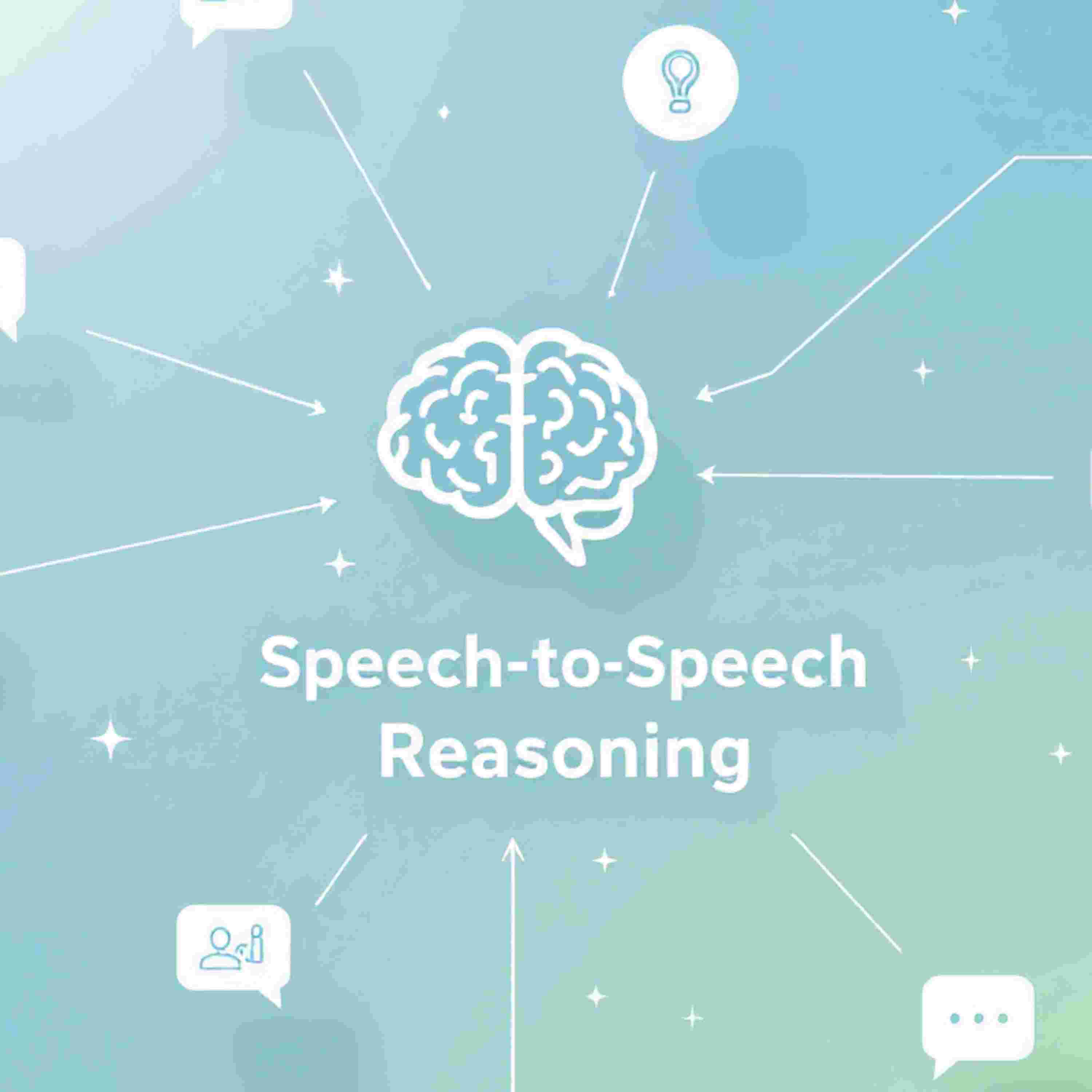

Overview of the transition in artificial intelligence from traditional speech recognition to native audio thinking, a fundamental paradigm shift driven by models like Gemini 2.5.
It traces the history of speech technology from mechanical devices to the limitations of current cascaded models, which suffer from information loss and high latency.
The text highlights major competitors—Google, OpenAI, and Meta—and their distinct strategies, such as Gemini’s massive context window for deep analysis and OpenAI's focus on low latency for conversational fluidity.
Furthermore, the document explores the transformative applications of speech-to-speech AI in healthcare and education, while also detailing the critical ethical and regulatory challenges, including algorithmic bias and the mandates of the EU AI Act. Finally, it outlines the future trajectory toward proactive, multimodal, and truly integrated auditory AI systems.